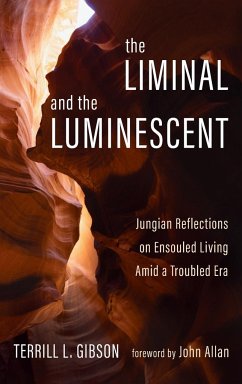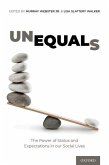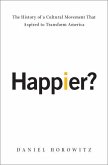Dreams have been fascinating multiple disciplines for centuries, from philosophy and literature to contemporary cognitive science. Why we dream remains an enduring mystery, but cognitive research on dream has experienced a new wave of interest in recent years. Breakthroughs in the experimental study of dreaming are provoking multiple questions about the experiential qualities of dreams and the potential insights they might disclose for larger issues such as consciousness, the self, and our relationship with reality. How does our enactive and cognitive experience of reality permeate into dreams, and vice-versa? What makes dreams immersive and world-like experiences?? And are dreams narrative experiences, or experiences that we only later narrativize? Dreams, Narrative, and Liminal Cognition answers these questions with an interdisciplinary framework encompassing not just the psychological sciences but the full breadth of the arts, humanities, and social sciences. Driven by the interdisciplinary project, Threshold Worlds, based at Durham University in the autumn of 2020, this volume combines multiple methodologies to chart a more systematic landscape of dream-worlds. This includes co-constructing exploratory models, experimental designs, and phenomenological enquiries, as well as the collaborative interpretation of existing data from dream reports. It covers the themes of narrativity, permeability, immersivity, and reportability through original and interdisciplinary contributions from cognitive scientists, psychiatrists, narrative theorists, philosophers of mind, theologians, and artists. Chapters 1, 3, 5, 7, 8, 9, and 10 of this work are available under the terms of a CC BY-NC-ND 4.0 International open access licence. These parts of the work are free to read on the Oxford Academic platform and offered as a free PDF download from OUP and selected open access locations.
Bitte wählen Sie Ihr Anliegen aus.
Rechnungen
Retourenschein anfordern
Bestellstatus
Storno

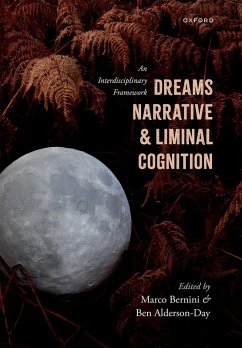
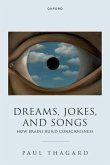
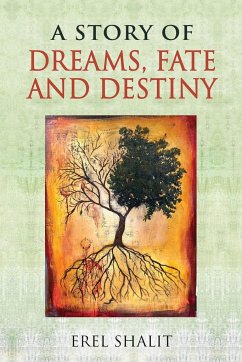
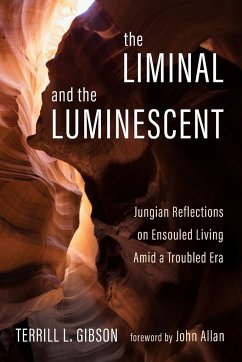
![A Story of Dreams, Fate and Destiny [Zurich Lecture Series Edition] A Story of Dreams, Fate and Destiny [Zurich Lecture Series Edition]](https://bilder.buecher.de/produkte/58/58845/58845168n.jpg)
